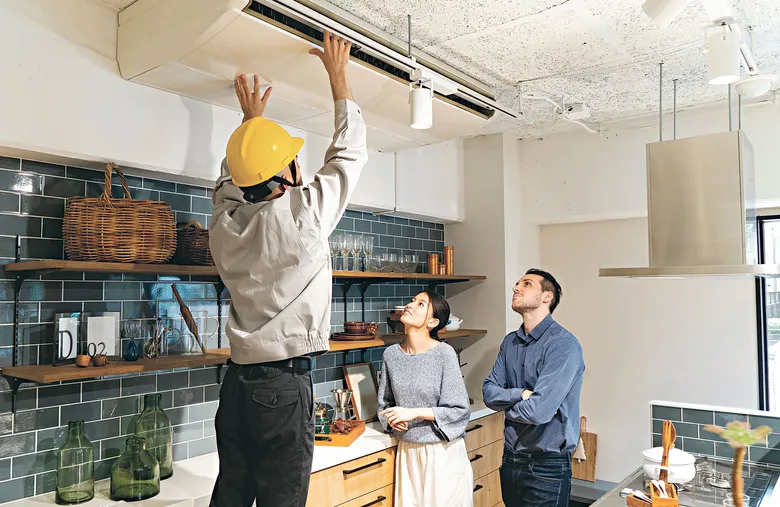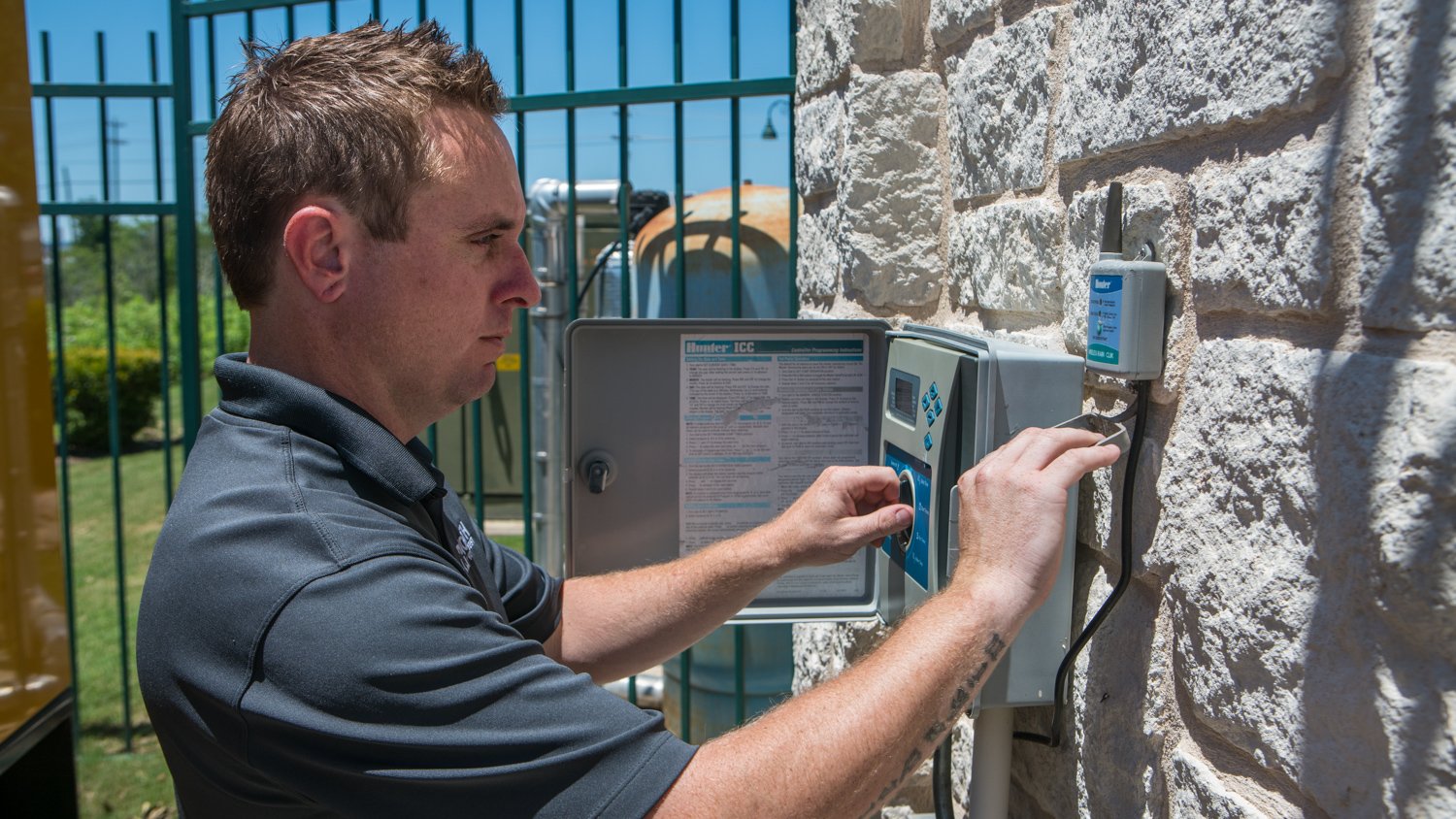Buying a home is one of the most significant investments in a person’s life. To make a smart and informed decision, many buyers rely on home inspectors Fort Collins CO to evaluate the property’s condition before finalizing the deal. But what exactly do home inspectors look for during an inspection? Understanding this can empower buyers to ask the right questions, anticipate potential issues, and negotiate confidently.
In this comprehensive guide, we’ll dive into the critical areas home inspectors evaluate, why their expertise is invaluable, and how you can prepare for your inspection.
Why Are Home Inspectors Essential for Buyers?
What Role Do Home Inspectors Play in the Buying Process?
Home inspectors are trained professionals who perform a detailed, objective assessment of a property’s structural integrity, systems, and safety. Their report can:
• Reveal hidden problems that might not be visible to an untrained eye.
• Help buyers avoid costly repairs or safety hazards.
• Provide leverage in price negotiations or requests for repairs.
• Offer peace of mind by confirming the home’s condition.
How Do Home Inspectors Differ from Appraisers or Contractors?
Unlike appraisers who focus on market value or contractors who may focus on specific repairs, home inspectors provide a comprehensive overview without bias toward selling or repairing.
What Do Home Inspectors Look For? The Main Areas of Focus
1. Structural Components: Is the House Sound?
• Foundation: Inspectors check for cracks, signs of shifting, moisture damage, or uneven settling that could indicate serious problems.
• Walls, Ceilings, and Floors: They look for cracks, water stains, and unevenness that may suggest structural issues or leaks.
• Roof and Attic: Condition of shingles, flashing, gutters, insulation, and ventilation are examined to ensure protection from weather and energy efficiency.
2. Exterior Evaluation: How Well Does the Home Hold Up Outside?
• Siding and Trim: Look for rot, warping, peeling paint, or damage.
• Windows and Doors: Inspectors check for proper sealing, functionality, and potential drafts.
• Drainage and Grading: Proper grading prevents water from pooling near the foundation. Downspouts and drainage systems are assessed.
• Porches, Decks, and Balconies: Structural soundness and safety features like railings are reviewed.
3. Plumbing System: Are Pipes and Fixtures in Good Shape?
• Water Supply and Drainage: Inspectors test for leaks, water pressure, and pipe condition (copper, PVC, galvanized).
• Fixtures: Faucets, toilets, showers, and water heaters are checked for functionality and age.
• Sewage and Septic: Proper sewage disposal is crucial for health and compliance.
4. Electrical System: Is It Safe and Up to Code?
• Wiring and Panels: Inspectors assess wiring type (knob and tube, aluminum, copper) and condition.
• Circuit Breakers and Fuses: They ensure proper operation and safety standards.
• Outlets and Switches: Functionality and grounding are important to prevent hazards.
5. HVAC (Heating, Ventilation, and Air Conditioning): Will You Be Comfortable Year-Round?
• Furnace and Air Conditioner: Age, maintenance, and performance are evaluated.
• Ductwork: Insulation and leaks can impact efficiency.
• Thermostats and Controls: Functionality checks ensure comfort control.
6. Interior Components: What Condition Are the Inside Features In?
• Walls, Floors, and Ceilings: Look for damage, stains, or mold.
• Doors and Windows: Check for smooth operation and drafts.
• Cabinets and Countertops: Inspect for wear and tear.
• Fireplaces and Chimneys: Ensure proper ventilation and safety compliance.
Tips for Buyers: How to Prepare for a Home Inspection
• Attend the Inspection: Being present helps you understand findings firsthand.
• Ask Questions: Don’t hesitate to ask home inspectors about any concerns or clarifications.
• Review the Report Thoroughly: Focus on major issues first, then minor repairs.
• Prioritize Repairs: Discuss with your agent which fixes are urgent and which can wait.
• Use the Inspection as a Negotiation Tool: Request seller repairs or price adjustments based on the report.
How to Choose the Right Home Inspectors
What Should Buyers Look for When Hiring Home Inspectors?
• Licensing and Certification: Ensure they meet local and national standards.
• Experience: Years of inspecting homes in your area means familiarity with common issues.
• Comprehensive Services: Some inspectors offer additional services like radon testing or mold inspections.
• Reputation: Check online reviews and ask for referrals.
• Clear Reporting: Look for inspectors who provide detailed, easy-to-understand reports with photos.
Conclusion
Buying a home is both exciting and nerve-wracking. Partnering with professional home inspectors is one of the smartest steps you can take to protect your investment. These experts thoroughly evaluate everything from the foundation to the roof, plumbing to electrical systems, and more, revealing potential red flags that might otherwise go unnoticed.
By understanding what home inspectors look for and actively engaging in the inspection process, buyers gain valuable insights that inform their decisions. Whether it’s negotiating repairs, budgeting for future improvements, or simply ensuring a safe and comfortable living environment, a thorough home inspection paves the way for confident homeownership.
Remember, not all home inspectors are created equal. Choosing a qualified and experienced professional will ensure you get the most accurate, helpful assessment possible — making your dream home a secure reality.
If you’re preparing for a home purchase and want guidance on selecting the right home inspectors or understanding inspection reports, feel free to reach out! crawl space vapor barrier Loveland CO



